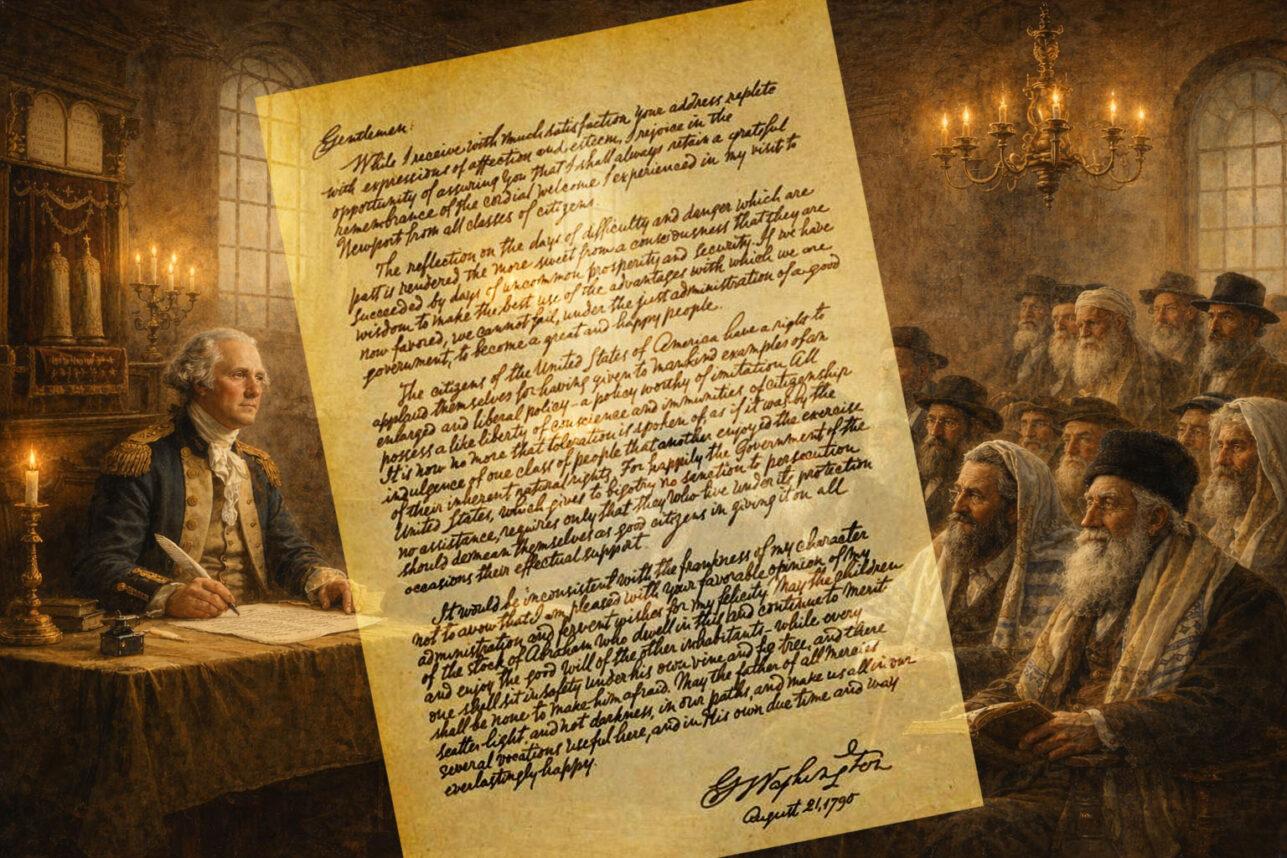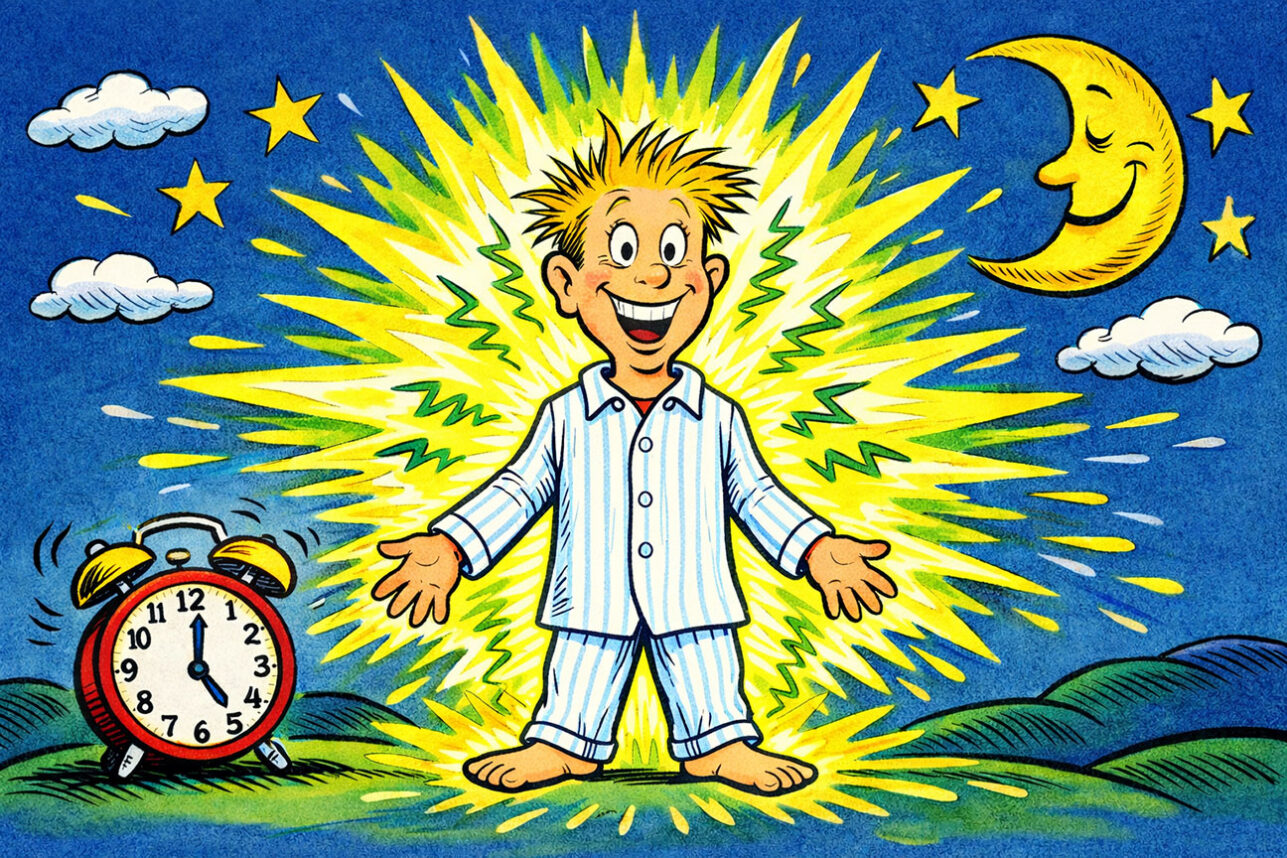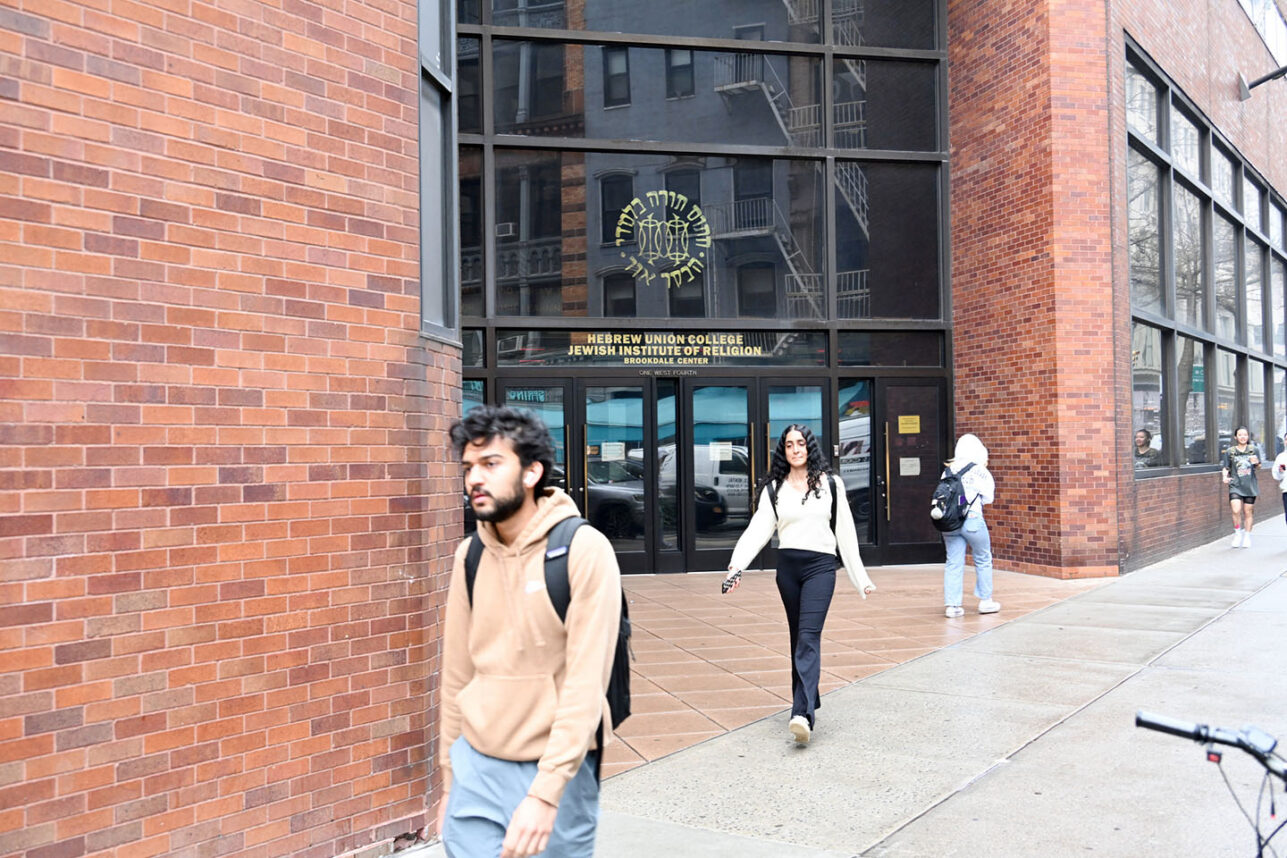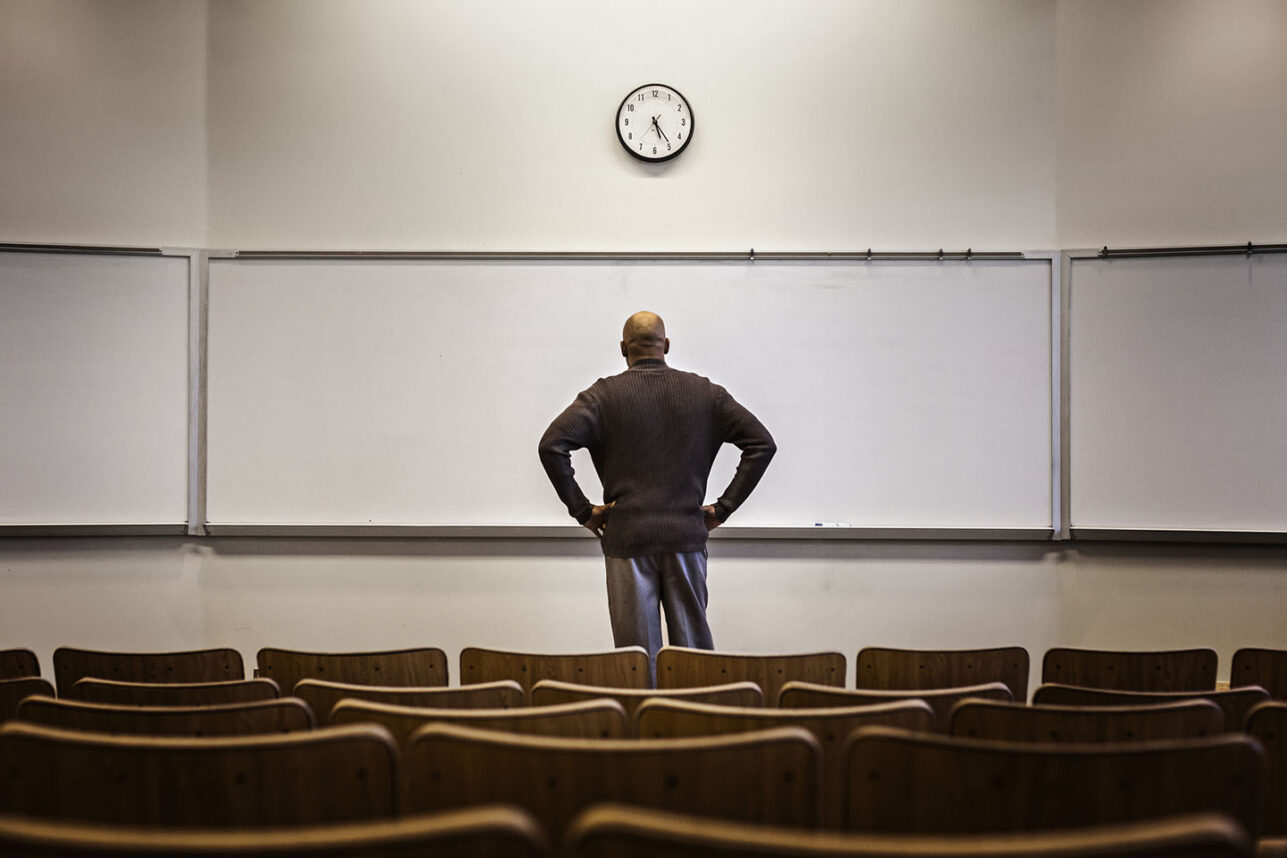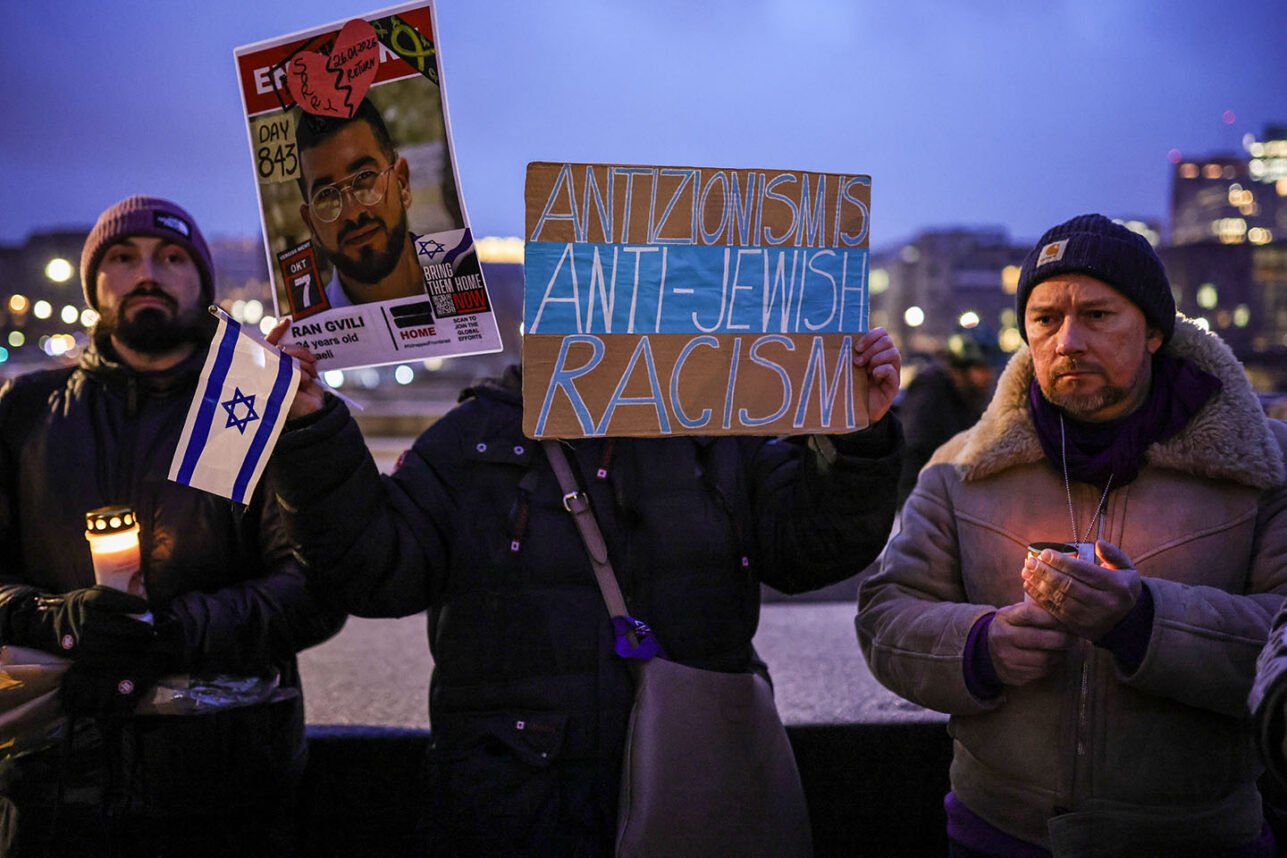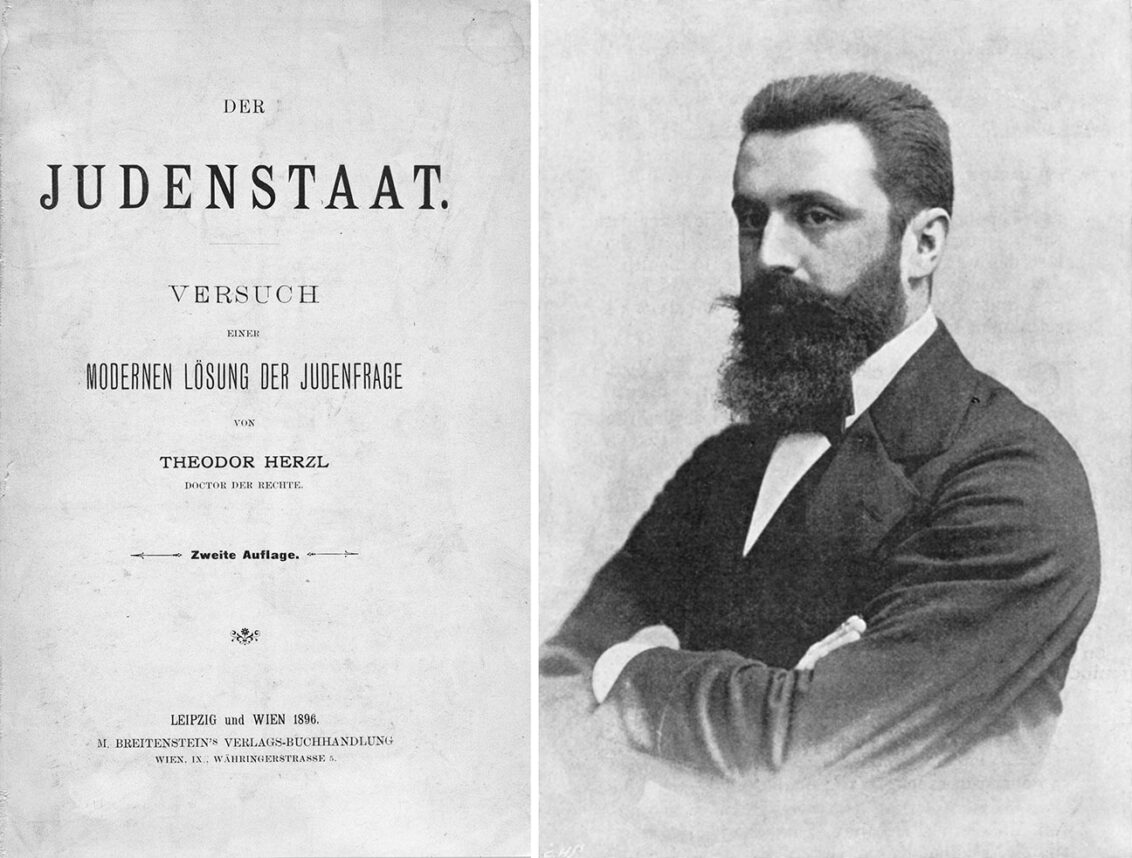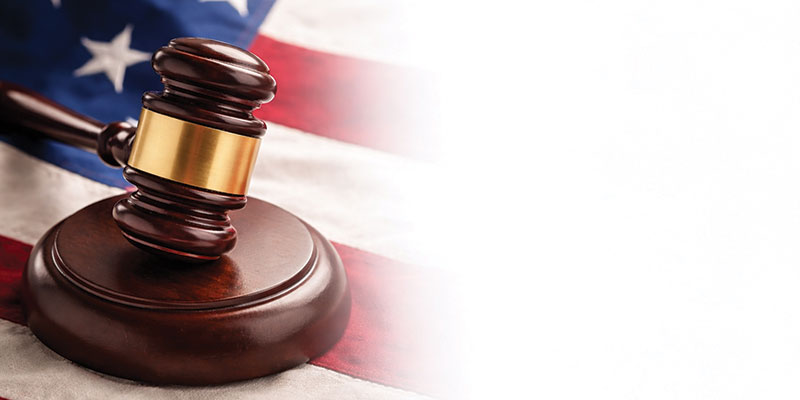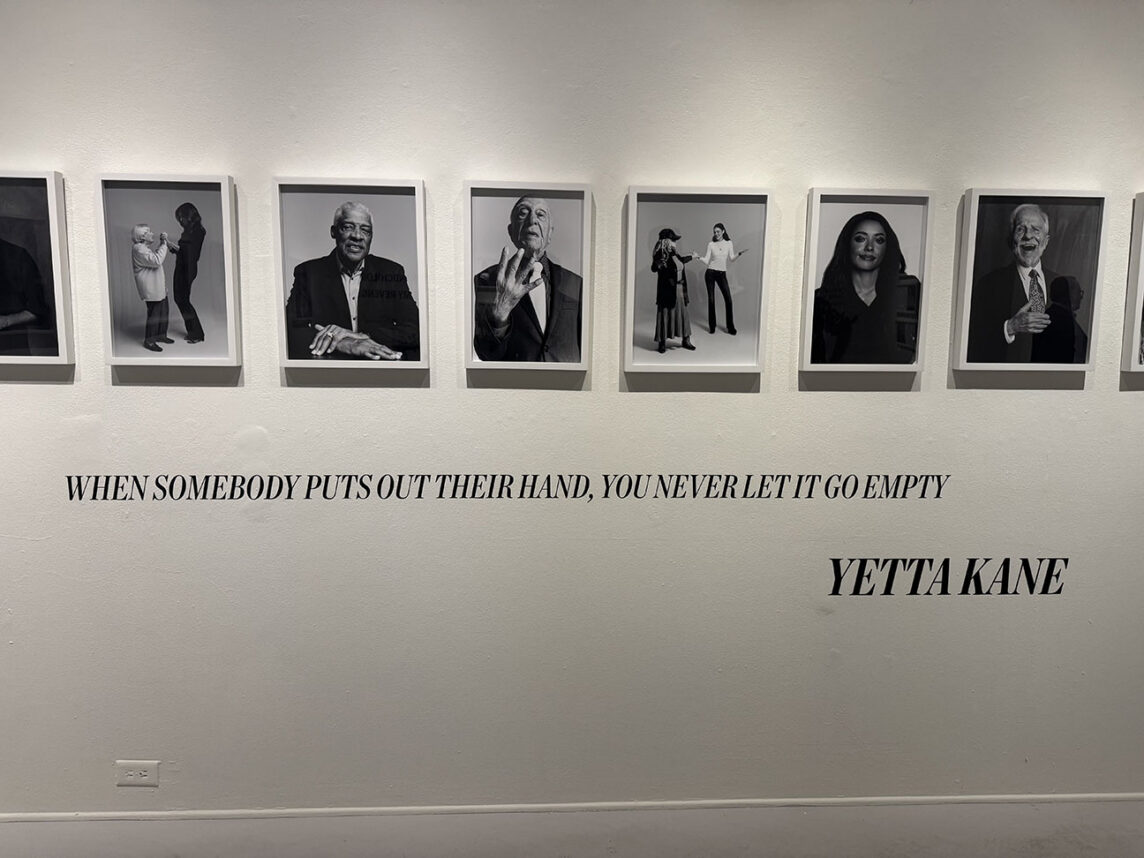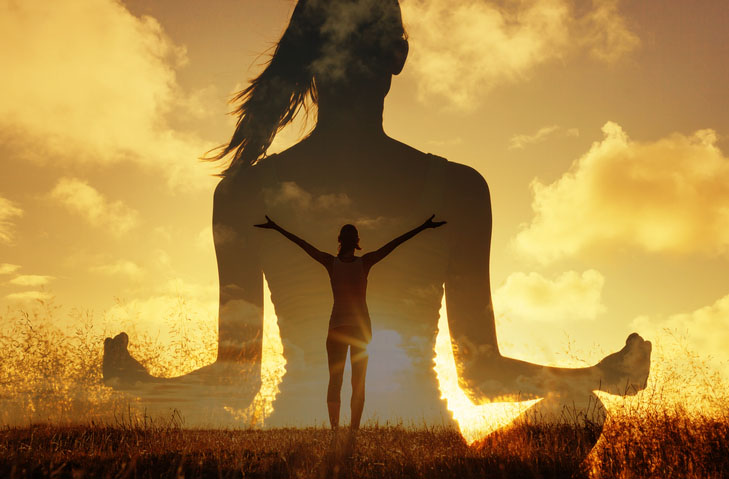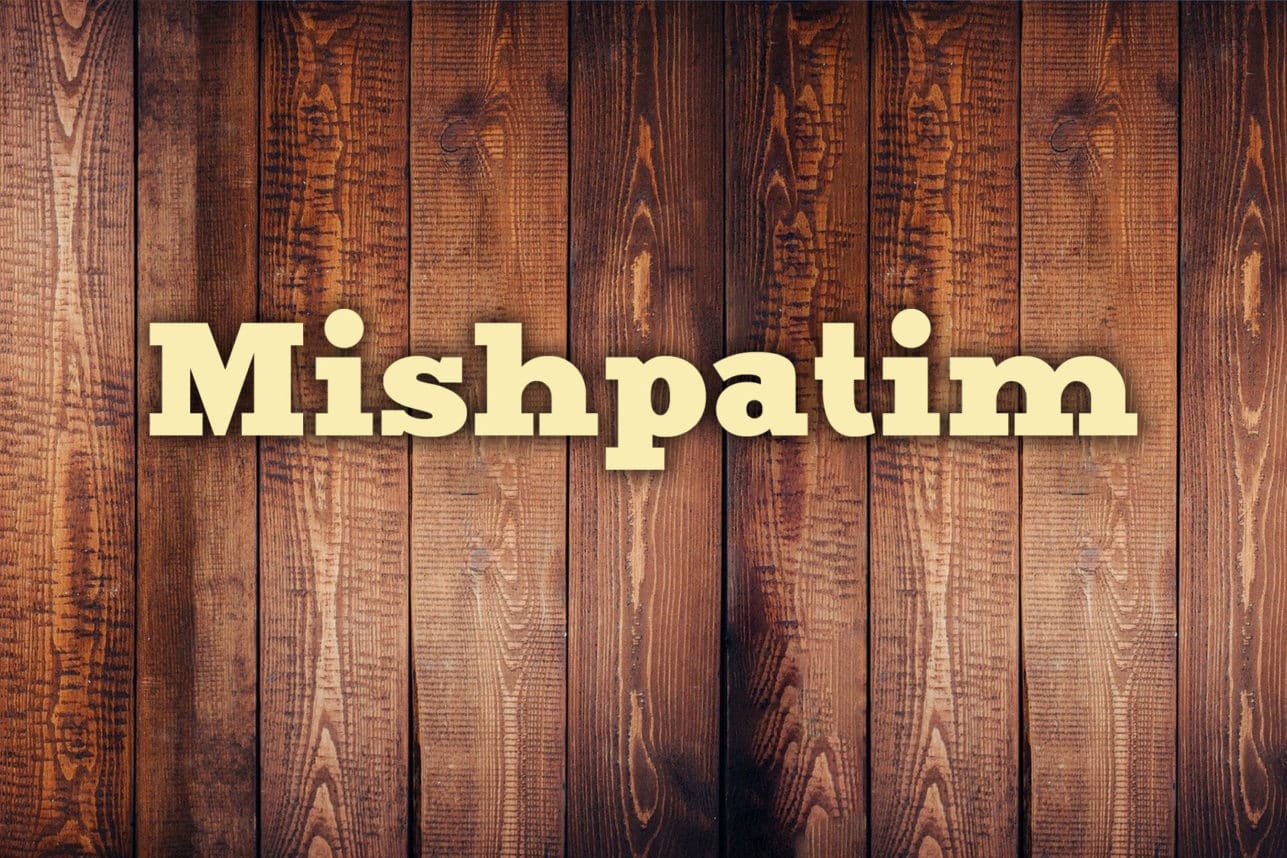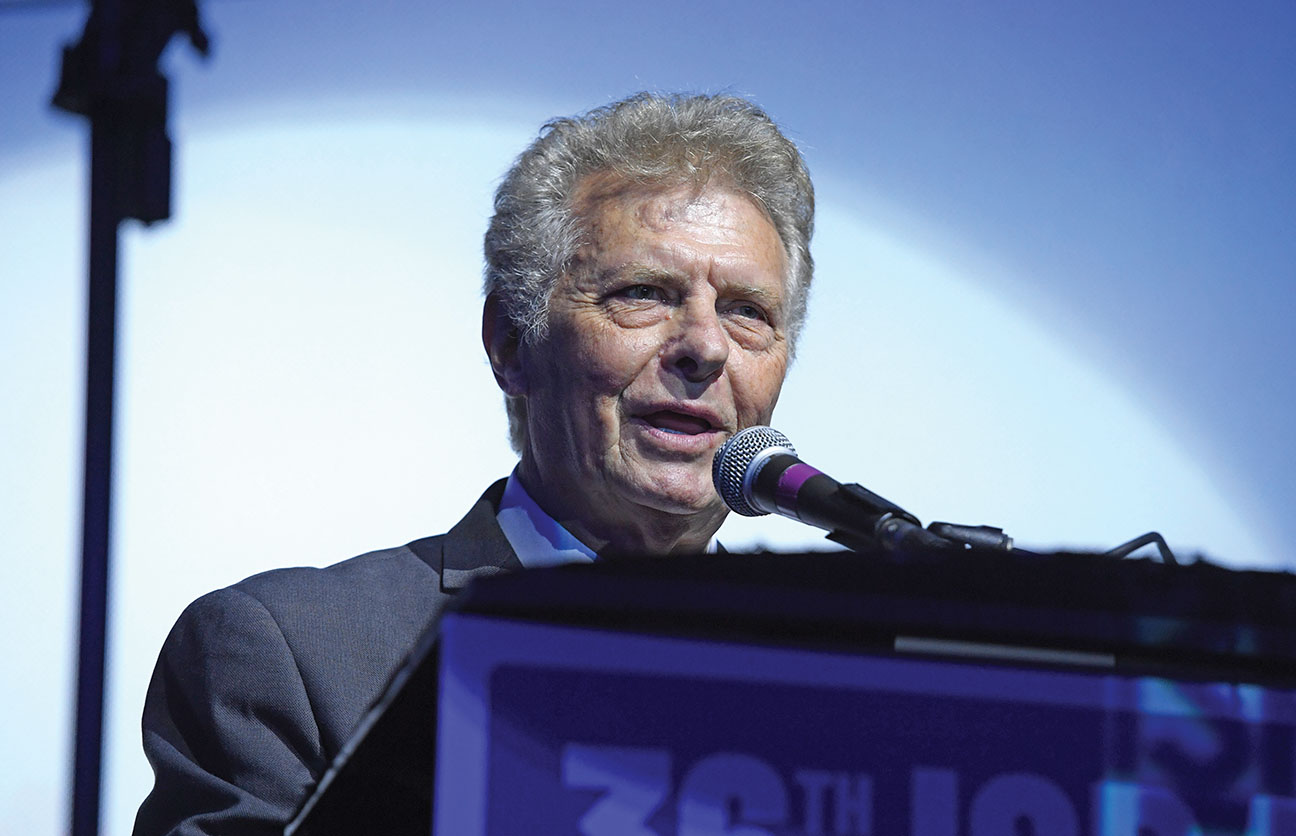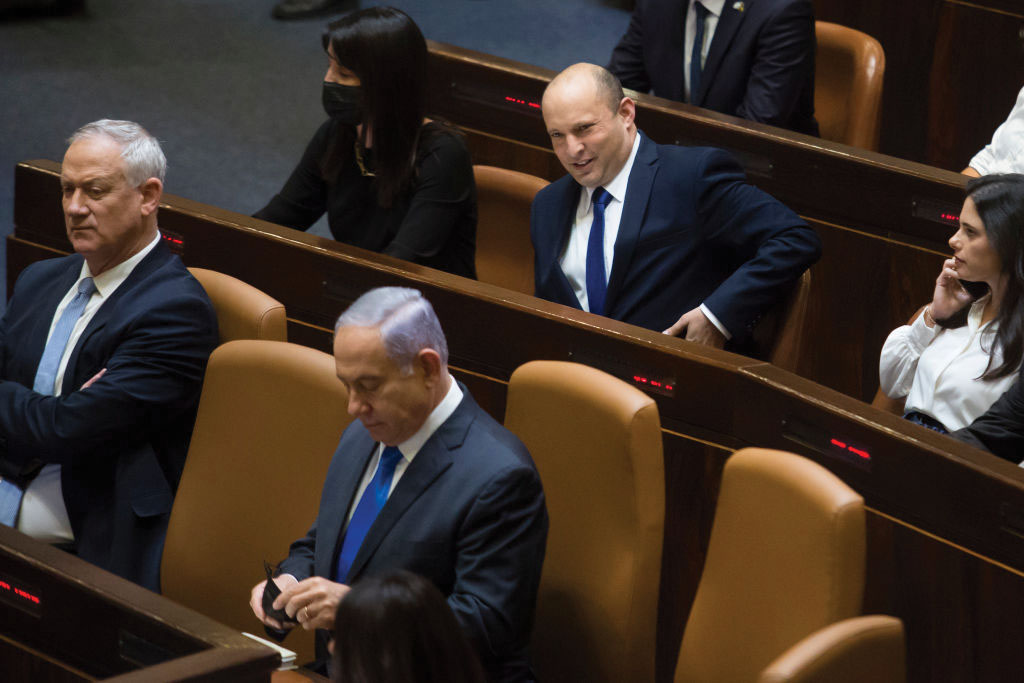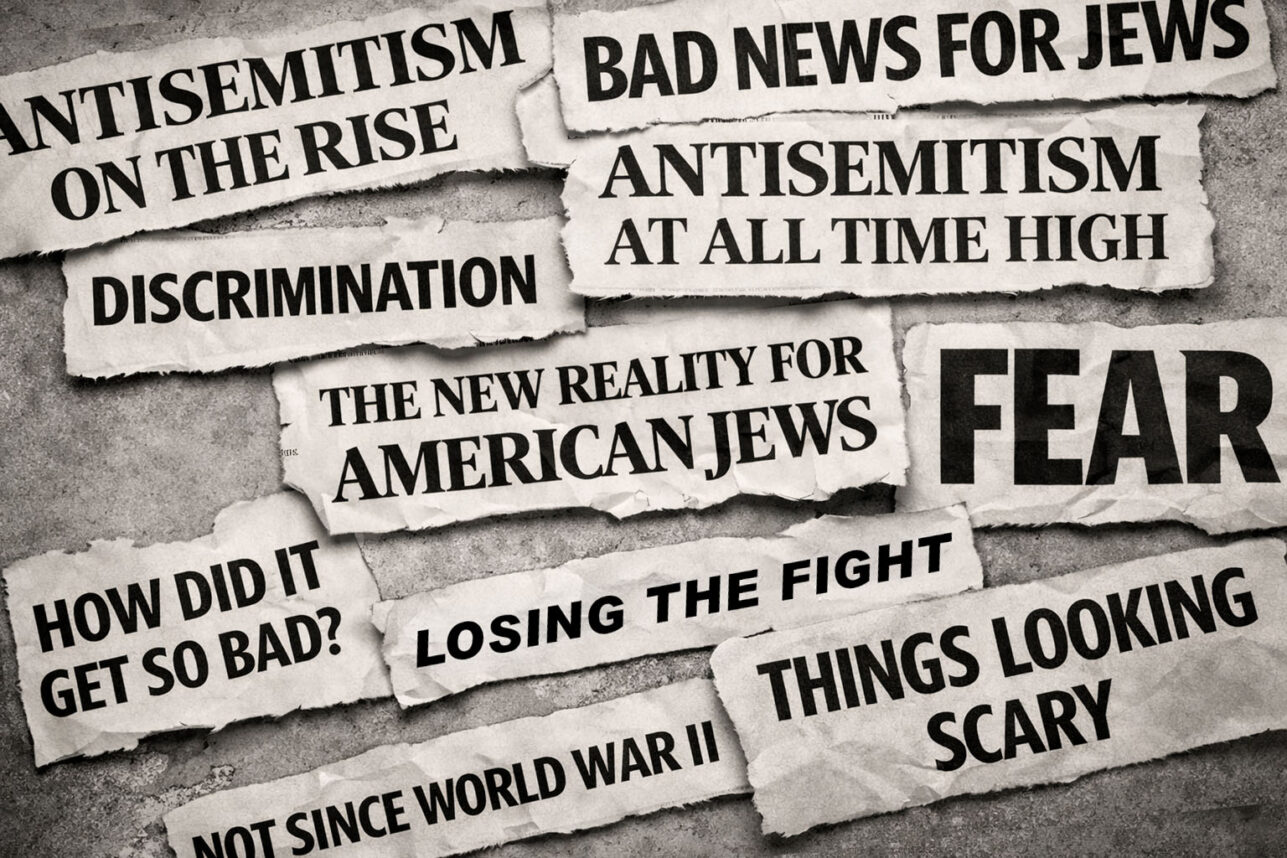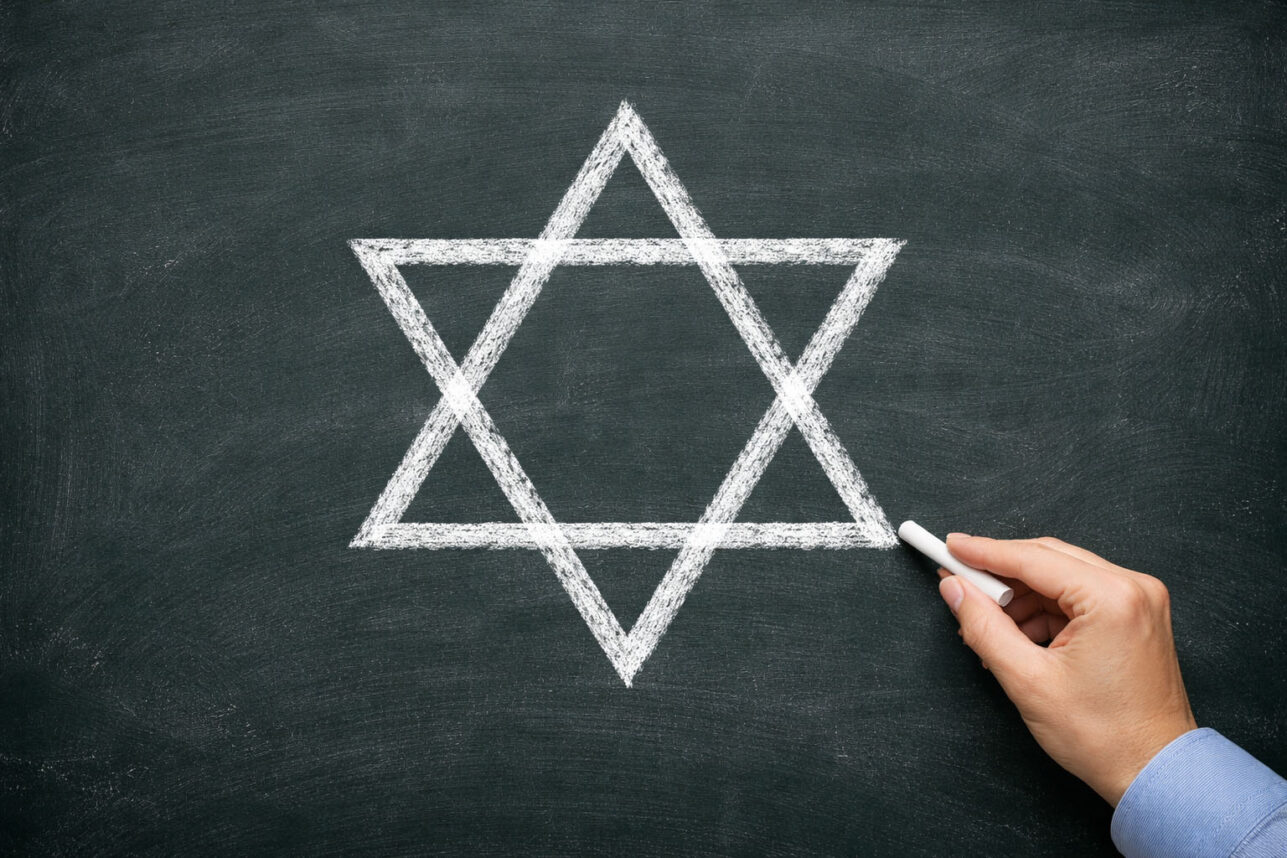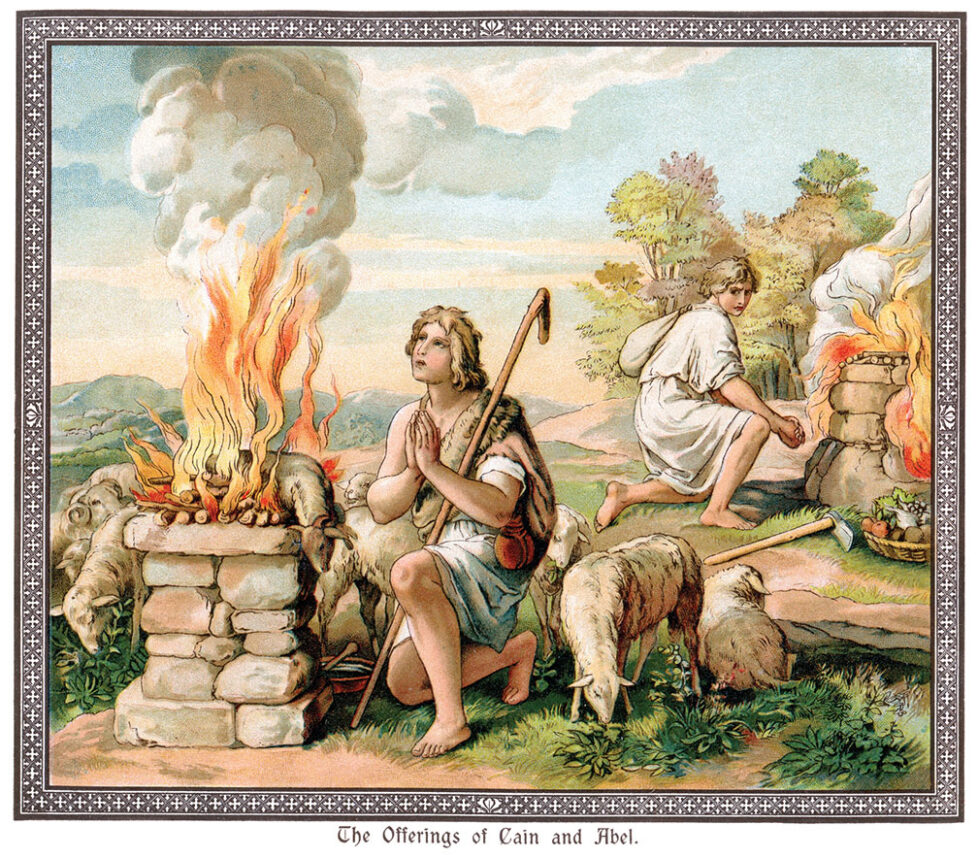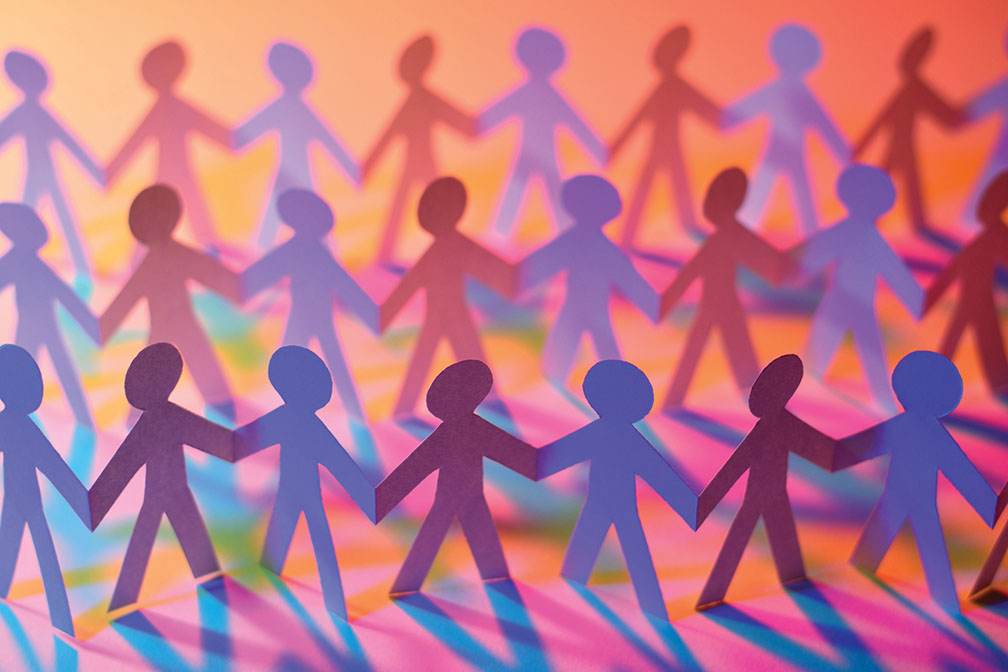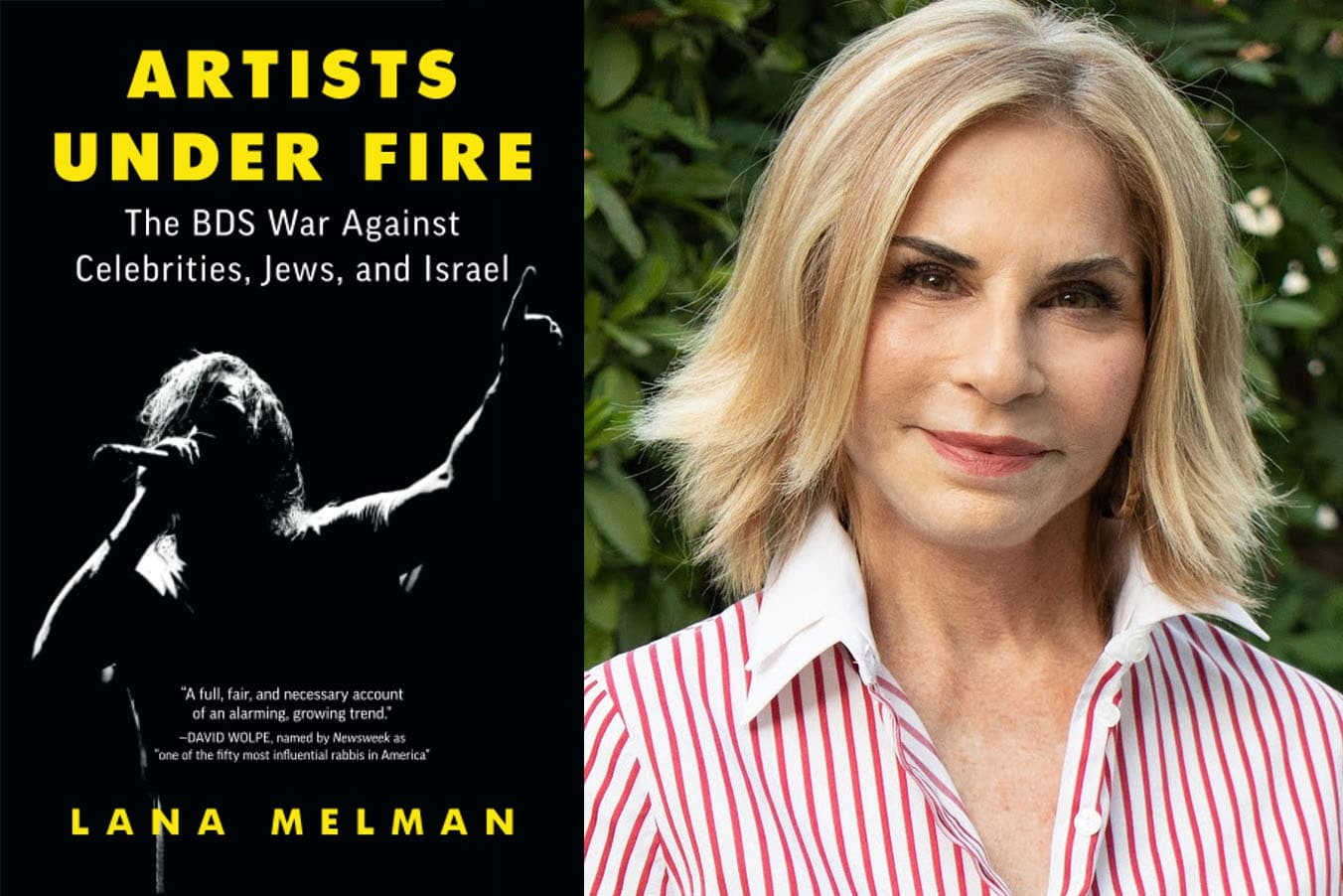
A new book artfully explains how the Boycott, Divestment and Sanctions (BDS) movement has infected the entertainment industry and turned art into a political cudgel––and how to fight back against it.
In her May 2022 book “Artists Under Fire: The BDS War Against Celebrities, Jews, and Israel,” Lana Melman, who heads the Liberate Art organization, which opposes cultural boycotts of Israel, exposes the tactics used by those who boycott Israel. Melman begins by recounting the controversy over Scarlett Johansson and SodaStream in 2014, in which BDS activists accused the actress of “being complicit in crimes against humanity” since SodaStream operated in the West Bank. Johansson had also been an ambassador for Oxfam, a British charity working to end poverty worldwide, until the international nonprofit announced underneath Johansson’s bio on their website that they were against all trade with Israeli settlements. Johansson stood firm and ended her years-long relationship with Oxfam, and Oxfam was worse off for it.
The Johansson-SodaStream incident is a microcosm of how BDS operates in the cultural sphere, Melman writes, noting that the cultural boycotters are attempting to “browbeat them into submission” by exploiting “the desire of artists to avoid public shaming.” The cultural boycotters’ specific tactics include statements geared toward artists’ professional and charitable work, open letters that are actually pressure statements disguised as a “personal plea,” and turning artists’ songs into propaganda videos. “Using the song ‘Rockin’ in the Free World,’ BDS proponents intercut clips of Neil Young’s performances with still images and videos depicting war scenes, and a concrete wall (to reiterate: only about 5 percent of the security barrier is concrete) among other charged visuals to insinuate that if he performed in Israel, he was supporting an apartheid state and therefore not ‘Rockin’ in the Free World,’” Melman writes. The boycotters will also accuse minority artists of “betraying their community” if they perform in Israel
To older, more established artists, such tactics are unlikely to work. But the boycotters have had more success in their intimidation efforts of younger artists like Lorde and Lana Del Rey, who caved in the face of BDS pressure and canceled their scheduled concerts in Israel. Demi Lovato apologized for visiting Israel and posting photos from her trip to social media after enduring BDS backlash online. “Younger artists tend to be more sensitive to social media conversations in general,” Melman writes. “They have experienced firsthand the power and importance of this medium. Young artists like Lorde and Demi Lovato who have weathered fewer life storms, are more likely to fold under pressure.”
Melman also names and shames the most notorious boycotters––who she calls “BDS Zealots”—including Danny Glover, the late Alan Rickman and Alice Walker of David Icke-infamy. But her most scathing criticism is toward Roger Waters, the former Pink Floyd bassist and frontman. Dubbing him “The Man Behind the Curtain,” Melman dedicates an entire chapter in her book to delving into Waters’ journey into becoming an Israel-hater. “Extreme politics is in his blood,” Melman writes. “Both his parents were Communists and supported far-left causes. His father, who died when Waters was a baby (fighting Nazis as he likes to say) sympathized with Arabs during skirmishes with the Jews when he taught in Jerusalem between 1936 and 1938.” Ironically, it was Waters who found himself on the receiving end of BDS backlash when he performed in Israel in 2006; that backlash prompted him to meet with BDS Co-Founder Omar Barghouti and visit the West Bank. Eventually, Waters became closer with Barghouti, the United Nations Reliefs and Works Agency for Palestinian Refugees (UNRWA) and other “Israel detractors” that turned him into one of the more well-known figures in the BDS movement.
Waters tends to have a pattern when he attempts to pressure artists into cancelling upcoming performances in Israel, notes Melman. “He expresses his admiration for their professional work and compliments them on their social justice causes before excoriating Israel and offering up what appears to be a thinly veiled threat to their reputation,” she writes. “Waters’ private pleas then degrade into personal attacks on public pages because, like Glenn Close in Fatal Attraction, Roger Waters will not be ignored.” As an example, Melman pointed to Waters’ private request to Alan Parsons to cancel his 2015 show in Israel; Waters had opened his message to Parsons by reminiscing about how Parsons had worked as “the tall engineer” on Pink Floyd’s breakthrough album “Dark Side of the Moon” before asking him to cancel the show. When Parsons rejected the request, Waters posted their private correspondence to Facebook despite Parsons’ request that it be kept private. “Few artists cave under Waters’s bullying and pressure to cancel,” Melman writes. “Some fight back, while most thankfully ignore his noise.”
All in all, Melman does a masterful job in succinctly summarizing the history of the Israeli-Palestinian conflict––and how the Palestinians have constantly rejected Israel’s overtures for peace––while discussing the various classic blood libels against Jews and how BDS accusations that Israel murdering Palestinian children and engaging in Holocaust inversion are simply modern-day twists of those blood libels. And she does so with humor and wit while highlighting the importance of the issue, as artists help control our society’s civil discourse.
Melman concludes her book on a positive note, pointing out that there are plenty of famous names––include Jay Leno, Bill Maher and Michael Douglas––who avidly support the Jewish state and the number of artists who cancel performances in Israel due to BDS pressure are small. But that’s all the more reason for Israel supporters to stand up and start going on offense rather being “almost exclusively defensive,” Melman writes, calling for supporters of Israel and the Jewish people to hold artists accountable when they engage in antisemitic hate speech.
As for Waters, Melman suggests people mock him “because it will bug him.”










